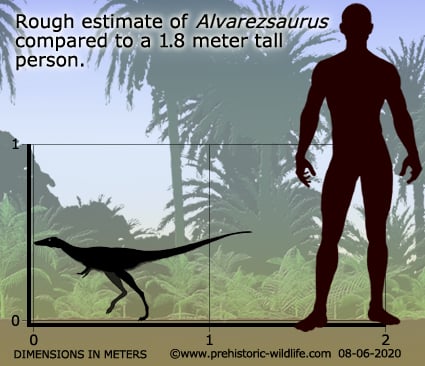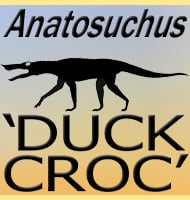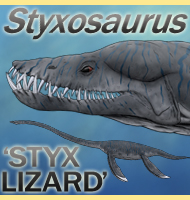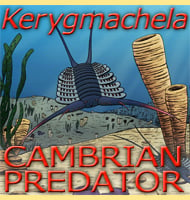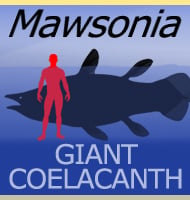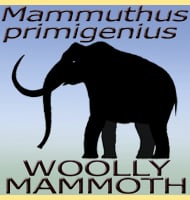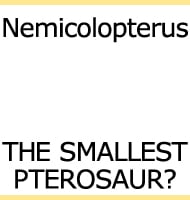In Depth
Alvarezsaurus was the first of a group of dinosaurs that were first discovered late into the twentieth century. Since it was the first, Alvarezsaurus was used to name this new group which became known as the alvarezsaurs. At the time of writing there are now several genera of alvarezsaurs known to us, but in a twist the type genus, Alvarezsaurus, has remained one of the most incomplete and least understood. This is not the first time that such a thing has happened though, the ankylosaurs, the armoured herbivorous dinosaurs with clubbed tails are named after one of the most famous dinosaurs of all time, Ankylosaurus, yet Ankylosaurus is one of the most incomplete of these. Alvarezsaurus was named in honour of the historian Don Gregorio Alvarez, and not after Luis Alvarez a famous physicist and ‘amateur’ palaeontologist who was among the first to suggest that a comet or meteor was responsible for causing the KT extinction and wiping out the dinosaurs.
Alvarezsaurus has been estimated at about two meters long, something which makes it large for its kind. Alvarezsaurus also seems to have been quite primitive in form when compared to other genera. Like its relatives Alvarezsaurus is noted for having an enlarged finger with a large claw. The popular consensus is that this claw was used to jab holes into the sides of termite mounds so that an individual Alvarezsaurus could pick off individual termites. Modelling studies however have so far not shown a lot of support for this theory, though it has not been discounted completely. It may be that the true function of the finger still remains unknown to us at the time of writing.
Another alvarezsaurid known from the same formation as Alvaresaurus is the genus Achillesaurus. Although still often treated as a distinct genus, at the time of writing at least one study (Makovicky et al, 2012) has considered that this genus might be a synonym to Alvarezsaurus.
Further Reading
- Los vertebrados f�siles de la Formaci�n Rio Colorado, de la Ciudad de Neuqu�n y Cercan�as, Cret�cico Superior, Argentina [The vertebrate fossils of the Rio Colorado Formation, from the city of Neuqu�n and surrounding areas, Upper Cretaceous, Argentina]. - Revista del Museo Argentino de Ciencias Naturales “Bernardino Rivadavia” e Instituto Nacional de Investigaci�n de las Ciencias Naturales: Paleontolog�a 4(3):17-123 - Jose F. Bonaparte - 1991. - A New Coelurosaurian Theropod from the La Buitrera Fossil Locality of R�o Negro, Argentina. - Fieldiana Life and Earth Sciences 5: 90. - P. J. Makovicky, S. N. Apestegu�a & F. A. Gianechini - 2012.
